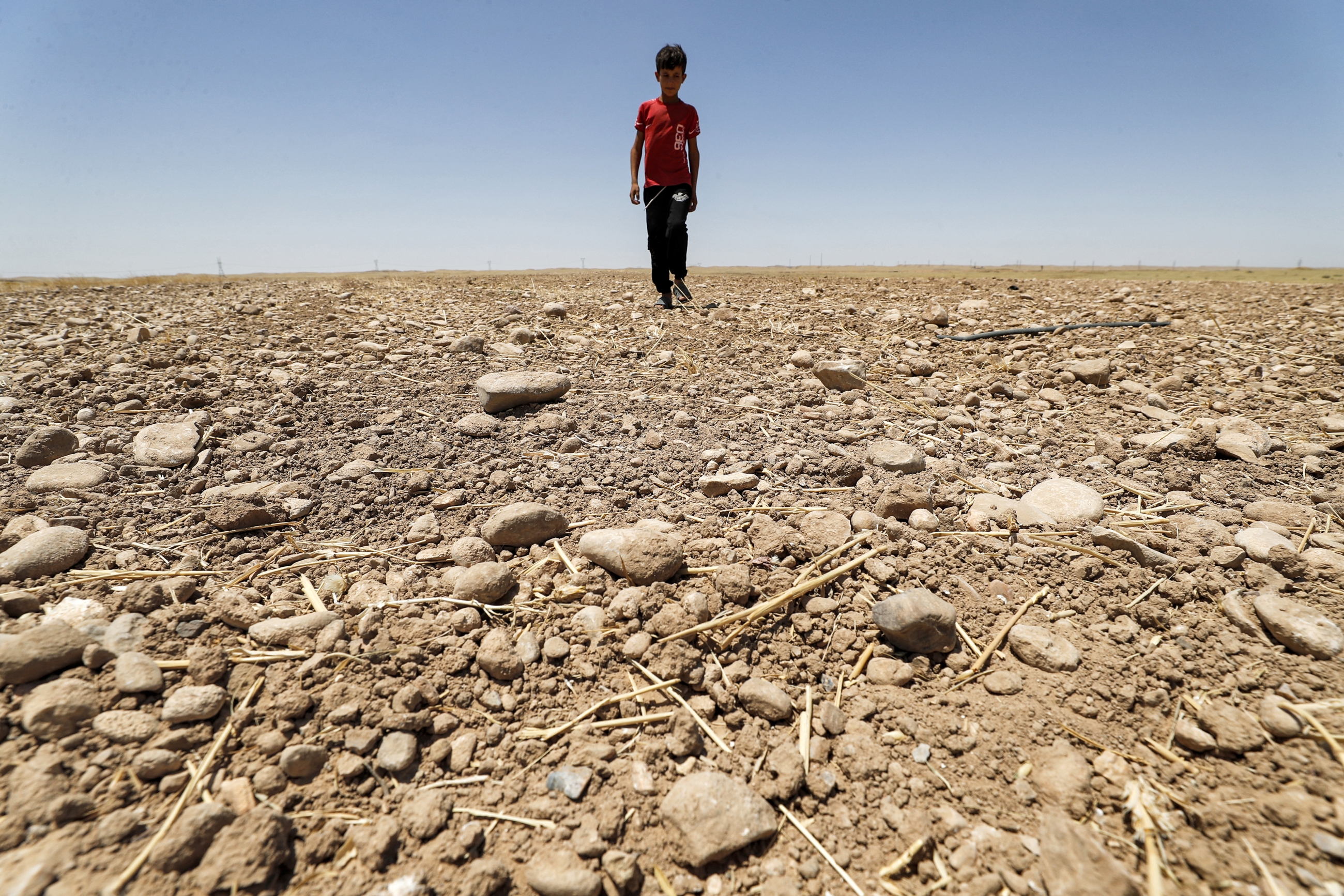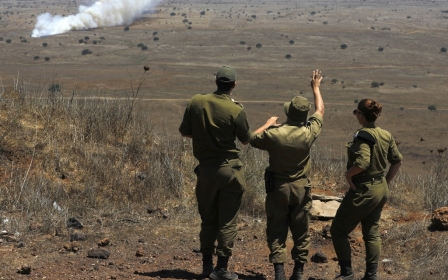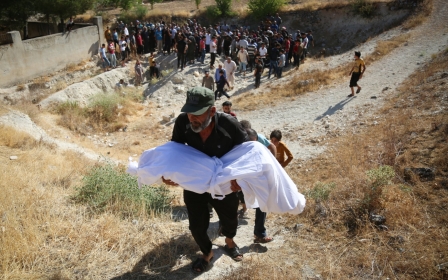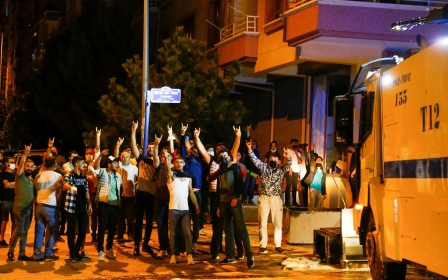Iraq and Syria: More than 12 million people threatened by drought, warn aid groups

A water crisis and droughts are risking the lives of more than 12 million people across Iraq and Syria, aid groups warned on Monday.
In a joint statement, 13 aid groups said there was a risk of "catastrophe" as rising temperatures, record low rainfall and drought threatened access to drinking water, irrigation water and electricity as dams begin to run dry.
According to the UN, Syria is currently looking at the worst drought in 70 years while Iraq is facing the second driest season in 40 years as a result of record low rainfall.
Carsten Hansen, regional director for the Norwegian Refugee Council - one of the aid groups involved in the statement - said the collapse of water and food production for millions of Iraqis and Syrians was "imminent".
“With hundreds of thousands of Iraqis still displaced and many more still fleeing for their lives in Syria, the unfolding water crisis will soon become an unprecedented catastrophe pushing more into displacement.”
The statement said that two dams in northern Syria - which provide three million people with electricity - were at risk of imminent closure as a result of the water crisis, while Hasakah, Aleppo, Raqqa and Deir Ezzor have all seen an increase in the spread of water-borne diseases.
In Iraq's northern Ninevah governorate, wheat production was expected to collapse by 70 percent as a result of drought and in the country's Kurdish region production was expected to decrease by half.
Dams built upstream in Turkey and Iran have also diminished the Tigris and Euphrates rivers which provide a lifeline for communities in Syria and Iraq, and which have also become heavily polluted.
“This water crisis is bound to get worse. It is likely to increase conflict in an already destabilised region," said Gerry Garvey, Middle East regional director of the Danish Refugee Council.
"There is no time to waste. We must find sustainable solutions that would guarantee water and food today and for future generations.”
Middle East Eye delivers independent and unrivalled coverage and analysis of the Middle East, North Africa and beyond. To learn more about republishing this content and the associated fees, please fill out this form. More about MEE can be found here.





